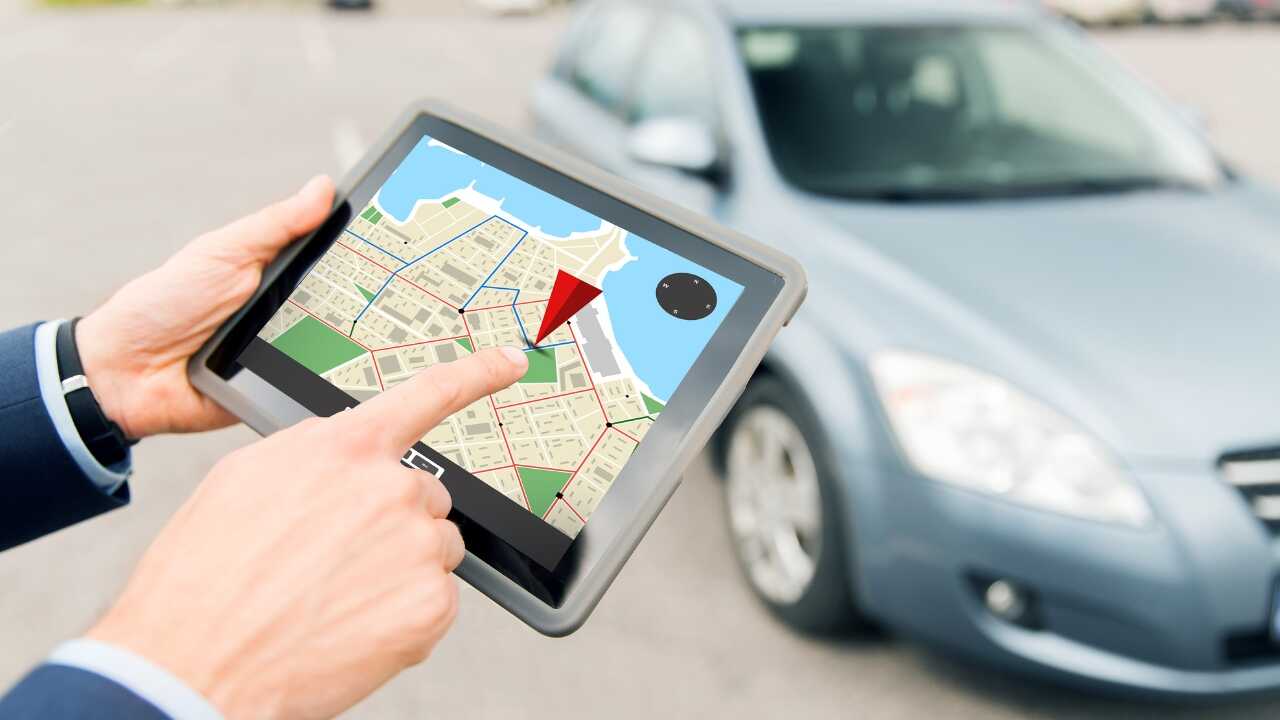


How Vehicle Tracking Systems Enhance Fleet Management
In today’s fast-paced business environment, efficient vehicle management is essential for success. Vehicle tracking systems, powered by GPS and other technologies, enable businesses to monitor their fleet operations in real-time. These systems not only enhance fleet management but also improve security, reduce costs, and increase customer satisfaction. This article explores the key benefits of using vehicle tracking systems in business operations, showing how these technologies can improve performance and profitability.
Real-Time Vehicle Monitoring
The ability to track vehicles in real-time is one of the most significant benefits of vehicle tracking systems. Fleet managers can monitor the exact location of each vehicle, ensuring timely deliveries and better vehicle usage. Real-time tracking also helps identify issues like traffic delays, vehicle breakdowns, or unauthorized detours, allowing for quick intervention and route adjustments.
Route Optimization and Dispatch Efficiency
Vehicle trackers streamline dispatch by providing real-time location data. Fleet managers can assign the nearest vehicle to a job, optimizing operational efficiency. Additionally, route optimization features allow for dynamic adjustments based on traffic, road closures, or detours, reducing travel times and improving customer satisfaction.
Accurate Delivery Time Predictions
Vehicle tracking systems allow businesses to provide customers with more accurate delivery time estimates. By tracking vehicle locations in real-time, businesses can offer customers precise arrival times, reducing customer frustration and enhancing overall service. This reliability improves customer satisfaction and helps maintain strong customer relationships.
Better Communication with Customers
Tracking systems improve communication between businesses and their customers. If delays occur due to traffic or route changes, customers can be promptly notified with updated information. This level of transparency builds trust and keeps customers informed, ensuring they feel valued and well-informed about any changes.
Simplifying Adherence to Regulations
Many industries are subject to strict regulations regarding vehicle use, including driving hours, maintenance schedules, and emissions standards. Vehicle tracking systems help businesses comply with these regulations by automatically recording driving hours, vehicle activity, and maintenance logs. This automation simplifies compliance, reducing the risk of fines or legal complications.
Efficient Data Collection and Reporting
Maintaining accurate records is essential for both compliance and operational analysis. Vehicle tracking systems automate the process of collecting data on vehicle usage, maintenance, and fuel consumption. These reports can be used for auditing, tax purposes, and to assess fleet performance, helping businesses stay organized and informed.
Improving Operational Efficiency
Vehicle tracking systems provide valuable data on vehicle performance, fuel usage, and driver behavior. By analyzing this data, businesses can identify inefficiencies and optimize operations. Data-driven decisions allow for better route planning, improved fuel management, and enhanced fleet strategies, leading to cost savings and better overall performance.
Insights Into Driver Performance
Tracking driver behavior through GPS data provides fleet managers with insights into how their drivers are performing. Managers can monitor KPIs such as speed, fuel efficiency, and adherence to routes. This data can be used to reward good performance, offer coaching to underperforming drivers, and optimize scheduling and vehicle allocation.
Vehicle tracking systems offer businesses a comprehensive set of tools to enhance fleet management, improve safety, and reduce operational costs. From real-time location tracking and route optimization to better security and improved customer service, these systems provide a competitive edge that can help businesses thrive. In markets like Bangladesh, where traffic congestion and road safety are major concerns, adopting vehicle tracking technology can streamline operations, reduce expenses, and drive long-term success.
